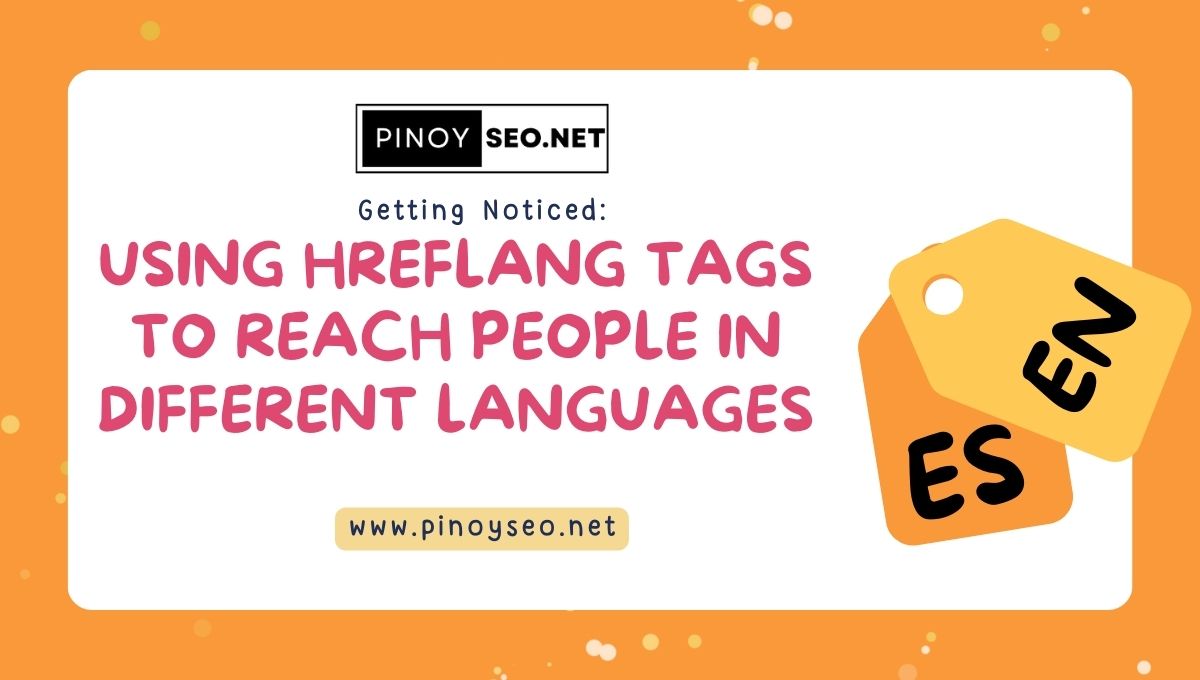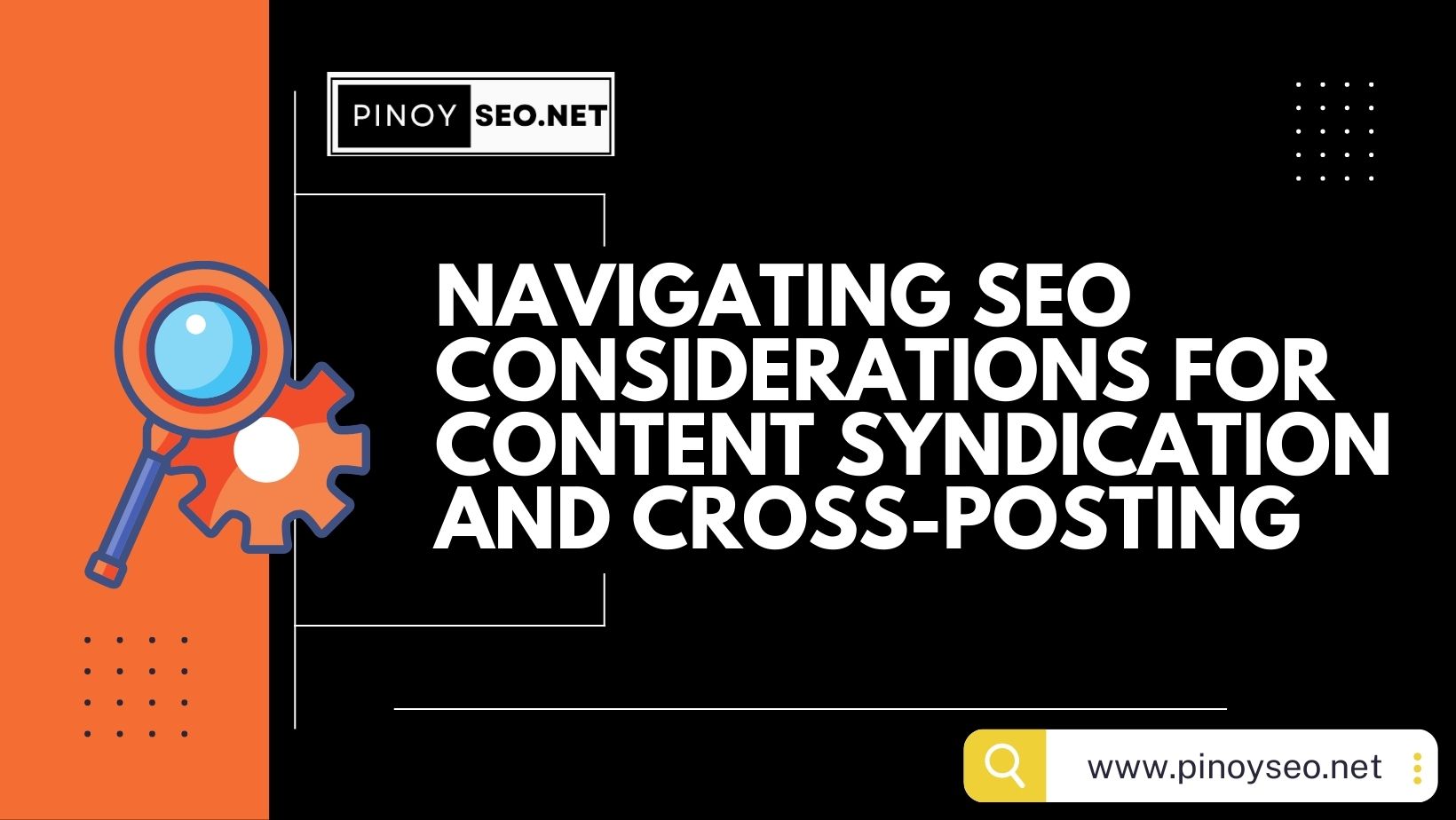In the realm of digital marketing, Search Engine Optimization (SEO) stands as a cornerstone for businesses aiming to thrive in the online sphere. Especially in the Philippines, where the digital landscape is dynamic and competitive, understanding the intricacies of SEO tactics tailored to the local context is paramount.
However, amidst the quest for online prominence, ethical considerations often come into play. One such tactic that sparks debate is brandjacking — the practice of leveraging competitor brand keywords to enhance visibility and divert traffic. The question arises: Would it be helpful if articles are crafted for a client using the keywords of a competitor brand for brandjacking purposes?
Brandjacking, while potentially advantageous in boosting search engine rankings and garnering attention, raises ethical dilemmas. On one hand, proponents argue that it is a strategic move aimed at capitalizing on market trends and maximizing exposure. By incorporating competitor brand keywords into content, businesses may attract users who are actively seeking information related to rival products or services.
However, the ethical implications of brandjacking cannot be overlooked. Critics contend that such tactics may lead to confusion among consumers, erode trust in the integrity of digital marketing practices, and even invite legal repercussions. Moreover, relying solely on competitor keywords for SEO may undermine the authenticity and credibility of a brand’s own identity and offerings.
In the Philippine context, where consumer trust and brand loyalty hold significant sway, the decision to engage in brandjacking requires careful consideration. While it may yield short-term gains in terms of website traffic and visibility, the long-term ramifications on brand reputation and consumer perception must be weighed judiciously.
Instead of resorting to brandjacking tactics, businesses in the Philippines can focus on cultivating a strong, authentic online presence built on transparency, relevance, and value. By producing high-quality content that resonates with target audiences, optimizing keywords aligned with their own brand identity, and adhering to ethical SEO practices, businesses can establish themselves as reputable entities in the digital landscape.
Ultimately, the question of whether creating articles using competitor brand keywords for brandjacking purposes is helpful underscores broader discussions surrounding ethics, integrity, and sustainability in digital marketing. As businesses navigate the complexities of the online realm, it is imperative to prioritize principles of honesty, fairness, and respect for both competitors and consumers alike.
In conclusion, while brandjacking may offer tempting prospects for immediate gains, its ethical implications and potential long-term consequences necessitate thoughtful deliberation. By upholding ethical standards and fostering genuine connections with audiences, businesses can forge a path towards sustainable growth and success in the dynamic landscape of SEO in the Philippines.


